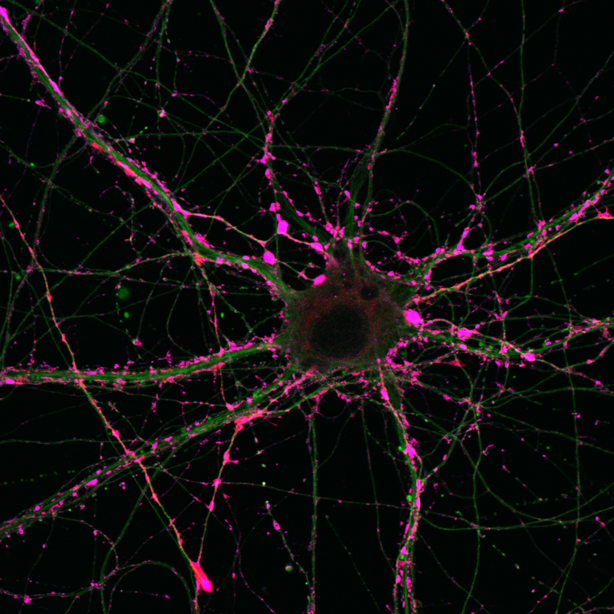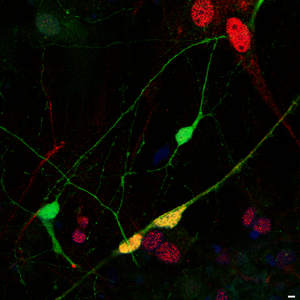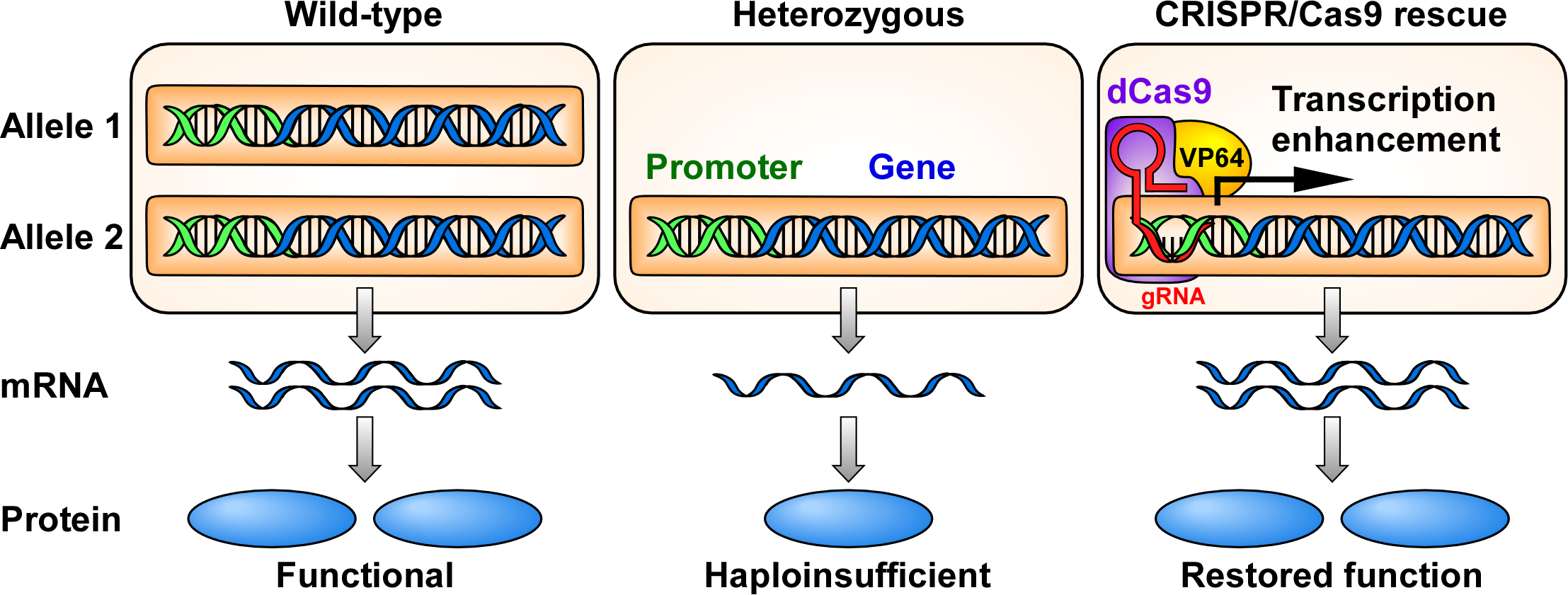
The research is focused on the role of presynaptic proteins in the definition of the functional properties of central synapses. Several mutations in presynaptic and extracellular matrix proteins are associated with epilepsy and ASD. Autism has a complex genetic architecture, and a major question is how alterations in these many genes translate into similar behavioral phenotypes.
(Click to learn more)

To unravel the fundamental mechanisms that fine-tune the level of neuronal excitability, we investigated how transcription factors and repressors are involved in scaling excitability and synaptic transmission. Indeed, epigenetic modifications of chromatin structure have recently emerged as a conserved mechanism by which the nervous system translates external information.
(Click to learn more)

Induced pluripotent stem (iPS) cells are a type of pluripotent stem cell derived from adult somatic cells that have been genetically reprogrammed to an embryonic stem (ES) cell-like state through the forced expression of specific genes and factors. iPS cells allow researchers to obtain pluripotent stem cells without the controversial use of embryos.
(Click to learn more)

Gene deficiency (haploinsufficiency) characterizes many forms of epilepsy and ASD. In this context, we aim at rebalancing haploinsufficiency by enhancing transcription of the remaining functional gene copy. To this end, we have repurposed the CRISPR/Cas9 technology for regulating gene expression for both hereditable diseases and personalized medicine.
(Click to learn more)